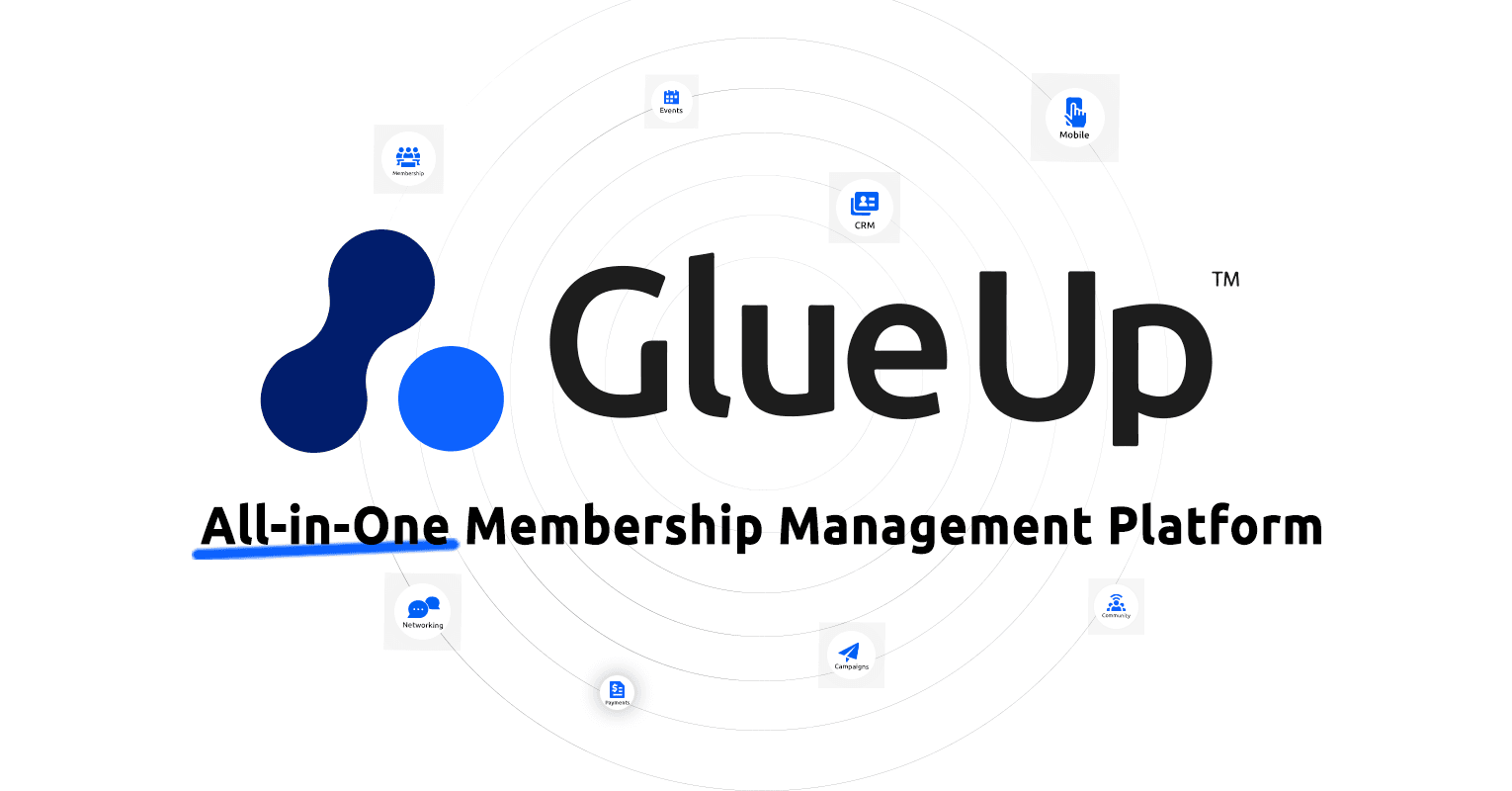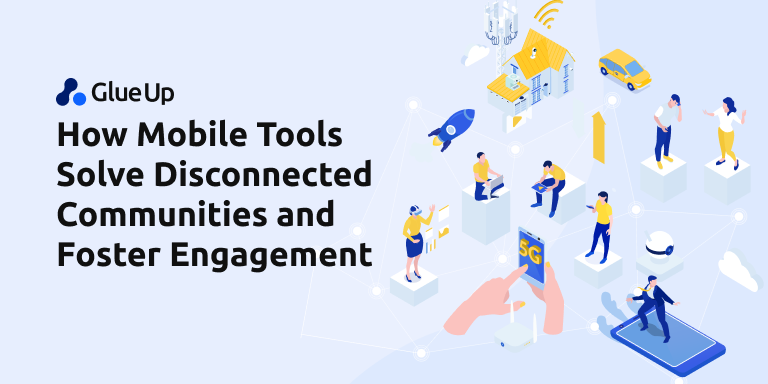
Image Credit: Adweek
The post-COVID world of online business can enable marketers and field teams to build communities around their brand. With virtual events, businesses can connect with their online shoppers and engage them with regular updates about their new products and services. The more regularly a business hosts virtual events, the easier it becomes to drive cost-effective and meaningful customer outreach.
It is, however, important that marketing teams refine their virtual events to avoid sounding stale. Virtual event engagement is one of the biggest challenges in the event industry faces today. Audiences tend to lose focus when a virtual event isn't sufficiently compelling or engaging.
Online businesses can engage their customers before, during, and after virtual events with interactive and supportive networking opportunities to maintain long-term community interest in their brand. To that end, let's take a quick look at the best ways to build a lasting community and nurture attendees after your company's next virtual event.
Quick Reads
- Encourage customer Follow-UPS
- Combine your tech stack with an event platform
- Generate multi-platform event visibility
- Conclusion
Encourage Customer Follow-UPS
It's wise to include your business development resources to increase customer follow-ups and nurture attendee engagement after your events. Your account managers and executives should use their customer relationships to contribute toward your virtual event attendance. Use these customer relationships to conduct follow-up discussions and encourage attendance across your customers’ networks of contacts.
Equip your customer success managers with the encouragement they need to drive more attendance to your virtual event: monetary incentives. Establish contests between different members of your sales departments that reward the account managers who drive the greatest number of attendees.
Consider tracking metrics such as post-event transactions made by attendees who your account managers followed up. You can determine how well your attendees responded to your virtual event by how many attendees your event landing page converted into customers.
Virtual events that engage and interest your participants can provide you with new clients who want a long-term business relationship. Invoicing software is a necessary investment to make once you integrate your virtual events into your overall marketing and customer outreach strategy. Be sure to invest in high-quality invoicing software that comes with critical features including credit card payments and recurring invoices.
Remind your account executives to send their top accounts event invitations as well as follow-up lunch or coffee meetings to chat more about the event. Your account executives should encourage their top accounts to visit your event's landing page as well as your main website.
Make sure that your website makes use of a high quality theme that is visually appealing to help attract the interest of visitors. Your theme should also make it easy for customers to learn more about your event's topic and subject matter as well as the products and services you provide. Online business owners need to encourage more traffic to their website, after all, if they decide to regularly host virtual events.
Combine Your Tech Stack With an Event Platform
Marketers and their field teams need a platform to iterate on their virtual events and improve them over time. A robust virtual event platform gives marketing departments a way to combine their existing tech stack for attendee feedback and data analysis with the means to polish upcoming presentations.
Robust event management software should include options to distribute surveys to your virtual event attendees. Surveys often come first to mind when you consider methods to collect post-event feedback, and with good reason. Surveys make it more efficient to gather post-event data and insight into your attendees.
If your existing tech stack includes tools to gather, analyze, and report on data, consider integrating it with an event management platform that allows you to distribute surveys. Surveys also expedite your process of gathering, analyzing, and implementing feedback into your future virtual events, especially when you combine them with your current data reporting tools.
Use your event management platform to distribute your surveys and ask a wide variety of questions to yield a diverse range of responses. Use the answers from your respondents as part of your tracking for different marketing campaigns to improve your web traffic and generate greater visibility around your upcoming events.
Guarantee the greatest number of potential attendees to your upcoming event with a to-do list of logistics goals: remind your attendees when your virtual event is drawing near, direct them toward a landing page they can use for further event details, and align your virtual event's topic with your audience's areas of interests. Leverage surveys to obtain invaluable post-event insight into your audience's impression of your presentation and ask questions about things they liked most and areas for improvement.
Generate Multi-Platform Event Visibility
You need to keep an eye on social media traffic since it's likely where your attendees will head to before and after they join your event. Their feedback on social media is a repository of useful insight that can influence your future presentations and how you'll engage your attendees. Start using tools such as social media monitoring and collaboration software to analyze every post, tweet, and share on your platforms as well as store all of that information in one place afterward.
Finally, your website needs to handle the increase in traffic once you start generating more visibility around your events on your different social media platforms. Your website should be a component of your multi-platform customer engagement strategy, and therefore needs a website hosting provider that’s reputable and able to guarantee your site’s uptime.
According to web developer Gary Stevens of Hosting Canada, a high-quality host is the most important factor in determining your website’s speed, quality, display, and storage capacity.
“Once you have a domain and are ready to build a website, how do you get it online for servers to find and display?” asks Stevens. “Good question. You need a web host. As the design shift continues from static to dynamically generated pages, the chances are that you’ll run up against a trio of limits which have nothing to do with storage space or bandwidth long before you push those boundaries of your plan. Check out the storage space and bandwidth allotments, but locate and consider what kind of resource limits might be at play as well.”
Conclusion
Online businesses must hold a greater number of virtual events to nuture a community of interested, engaged shoppers. To start, companies can use an event management platform with their existing tech stack to coordinate and fine-tune future events based on user data they ingest and analyze from before, during, and after presentations.
Encourage customer follow-ups and create greater awareness around your brand by incentivizing your account managers to consistently follow up with their top accounts about your virtual events. Continue generating multi-platform event visibility both across your social media platforms as well as on your main website to drive greater traffic toward your events.



